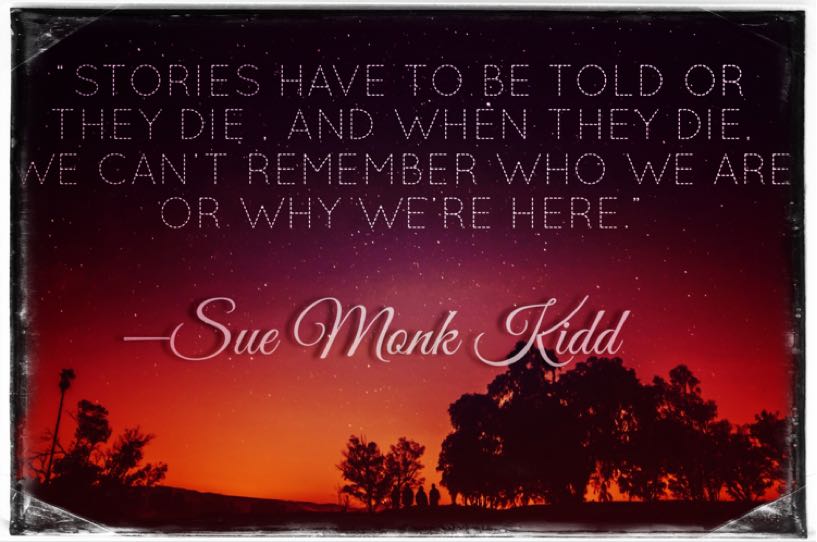
Category : Blogs
Sub Category : Self Help
How to Write a MemoirIt is only through crafting original language, which ironically requires a certain emotional distance, that the writer can begin to capture the genuine feeling of the experience—the hollowing grief that comes with a preventable death. It will not be trite superlatives that endow their death with dignity and meaning, but the flat language of every day use, applied just right.
We always write out of mystery, looking for an answer we don't have, trying to resolve what troubles us, to understand what seems beyond comprehension. That is why good memoirs always come to a reckoning, the wisdom of perspective, if only incomplete. To understand why a decent young man or woman might end their life, we may have to confront our own temptation to suicide, our own mortality; our own guilt we feel at not recognizing how much more friendship they needed than we were willing to give, the profound despair and loneliness they must have felt—that we, too, have felt at times; their few un-admirable qualities; our unsettling relief that it was them and not us; even our anger at them for acting with such selfishness and finality. To get it right, we are going to have to lose some sleep over it.
It's hard to look at unpleasant, frightening things head-on. But that is the writer's job, and the writer does it with words that go to the heart of the matter, that to that touch rather than push away, that clarify rather than obscure. Clear and direct language is the weapon against fear and despair. You can bring the fear, monsters, and despair up to the light where they're not so frightening anymore. And even if they remain scary or depressing, at least we can learn from them. And most importantly, we can share with the reader the genuine emotions they evoke.
If you're writing the truth about your own life, you can't fool yourself. You can't hide behind data or interview quotes or pretty descriptions of a place. You have to put yourself out on the line. Like myself, you may be a little shy about putting yourself on the line. You need to be honest with the reader as much as possible, but also not self-serving.
You put yourself on the line by telling the story in your own words with precision in memory and experience, then re-creating the memory and experience through those words.
Writing memoir is one of the hardest things to do in prose. Many different emotions will come up in reliving and re-creating these awful events. It is imperative that you stay strong and remain as brutally honest as possible. I had to see a therapist—another damn therapist—during the writing of my memoir; it had gotten that bad. But I finished and I'm a greater person because of it.
Start writing a journal every day. Just of what happened that day or whatever is on your mind, it doesn't matter, nobody is going to read it but you. And after a while you can put the stories together and make a narrative, it's that easy. If there is a story in you, it will come out. And you must share it, for someone might need to hear it. It might save their life.
Nothing can describe the feeling after you have finished. You will see your life and the whole world in an entirely new light. It is truly life-changing.



